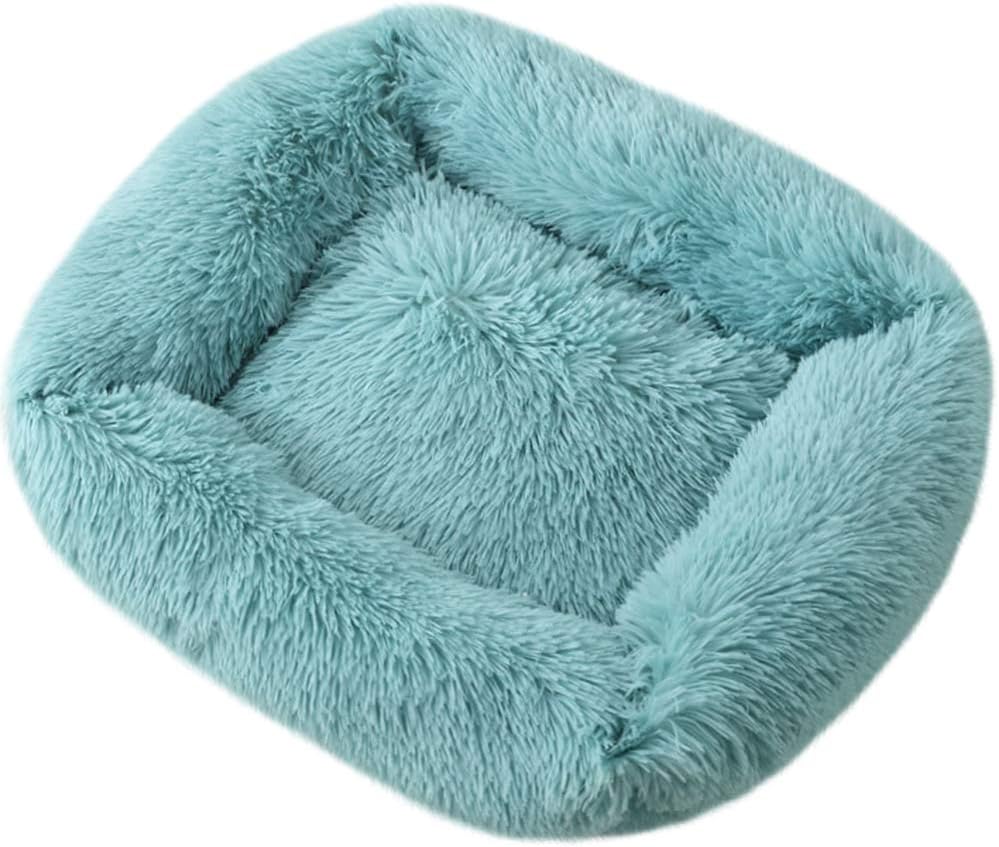The Importance of Water in Your Dog’s Diet
When it comes to your dog’s health, food often gets the spotlight. But there’s one vital nutrient that plays an even bigger role—water. Just like humans, dogs need water to survive, and making sure they get enough of it is crucial for their overall well-being.
Why Water Matters
Water makes up more than half of a dog’s body weight. It supports nearly every function in their body, including:
- Regulating body temperature
- Aiding digestion and nutrient absorption
- Lubricating joints
- Flushing out toxins
- Supporting kidney and liver function
Without enough water, your dog’s organs can’t function properly, leading to dehydration and potentially serious health issues.
Signs of Dehydration in Dogs
It’s important to recognize the signs of dehydration early. Look out for:
- Dry gums or nose
- Sunken eyes
- Lethargy
- Loss of skin elasticity (pinch the skin at the back of the neck—if it doesn’t snap back quickly, dehydration could be a concern)
If you notice any of these signs, encourage your dog to drink and contact your vet if symptoms persist.
How Much Water Does Your Dog Need?
A general rule of thumb is that dogs need about one ounce of water per pound of body weight each day. For example, a 50-pound dog should drink around 50 ounces of water daily. This amount can increase with hot weather, exercise, or a dry kibble-based diet.
Tips to Keep Your Dog Hydrated
- Provide fresh water at all times and clean the bowl daily.
- Add water or broth to kibble to boost hydration.
- Offer ice cubes as treats in warm weather.
- Use a pet water fountain to encourage drinking with a steady flow.
- Bring water on walks or trips, especially in the heat.
Final Thoughts
Water isn’t just a sidekick to your dog’s diet—it’s the foundation. By making hydration a priority, you’re giving your furry friend a better chance at a long, healthy, and active life. So don’t just think about what’s in the food bowl—keep that water bowl full and fresh every day!
ChatGPT AI generated

 Clothing for dogs
Clothing for dogs Shirts
Shirts Dog Food
Dog Food Freeze-dried Raw
Freeze-dried Raw Fresh
Fresh Dog Supplies
Dog Supplies Dog Bed
Dog Bed Supplements
Supplements Toys
Toys Chew Toys
Chew Toys Treats
Treats Cake Mix
Cake Mix Cupcake Mix
Cupcake Mix Ice Cream
Ice Cream


